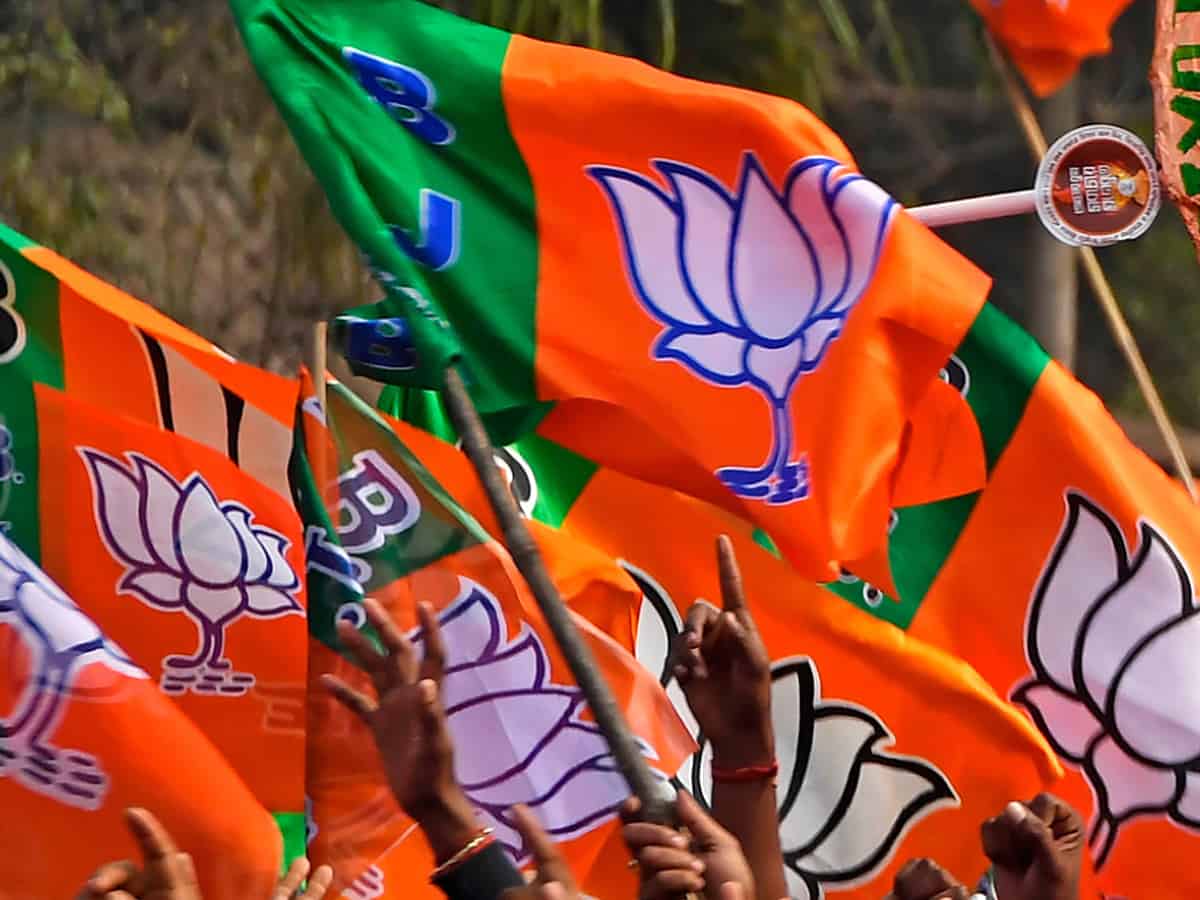Mizoram, a state in northeastern India, has been witnessing growing discontent with the Bharatiya Janata Party (BJP), prompting questions about the reasons behind the state’s dissatisfaction with the ruling party. The grievances expressed by Mizos have raised concerns and sparked discussions about the region’s political landscape.
Mizoram, known for its unique cultural heritage and close-knit communities, has historically been governed by regional parties that align more closely with the state’s local interests and sensitivities. However, in recent years, the BJP has been attempting to make inroads into the region’s political landscape.
The state’s resentment towards the BJP has several underlying factors that have contributed to the prevailing discontent:
1. Citizenship Amendment Act (CAA): One of the primary sources of discontent is the controversial Citizenship Amendment Act. The legislation, passed by the central government in 2019, seeks to expedite Indian citizenship for persecuted religious minorities from neighboring countries. However, Mizos have expressed concerns that the act may alter the state’s demography and adversely impact their indigenous identity.
2. Inner Line Permit (ILP) and Sixth Schedule: Mizoram has been a strong advocate of retaining its special status under the Sixth Schedule of the Indian Constitution, which provides for autonomy and safeguards to tribal regions. There have been apprehensions that the BJP’s push for the Citizenship Amendment Act could undermine the state’s autonomy and compromise the ILP system that regulates entry and stay of outsiders.
3. Distrust of Central Policies: Mizoram’s geographical isolation and unique cultural practices have resulted in a sense of being disconnected from mainstream Indian politics. Many Mizos feel that their concerns and interests are not adequately understood or addressed by the central government, further fueling their reservations about the BJP.
4. Opposition to Hindutva Ideology: Mizoram, with its predominantly Christian population, holds distinct religious beliefs and practices. The BJP’s association with Hindutva ideology has raised concerns about the party’s approach towards religious minorities, leading to apprehension and unease.
5. Border Disputes: Mizoram shares sensitive borders with neighboring states and countries. Disputes over territorial boundaries and the handling of inter-state relations have added to the state’s discontent with the BJP.
As Mizos express their dissatisfaction, political analysts have been closely monitoring the unfolding dynamics in the region. Local and regional parties continue to play a crucial role in Mizoram’s politics, advocating for the state’s unique interests and preserving its cultural identity.
Understanding and addressing the grievances of the people of Mizoram will be critical for the BJP if it seeks to gain support in the state. As the political landscape evolves, the central government faces the challenge of fostering inclusivity and addressing regional concerns to build a cohesive and harmonious India.










